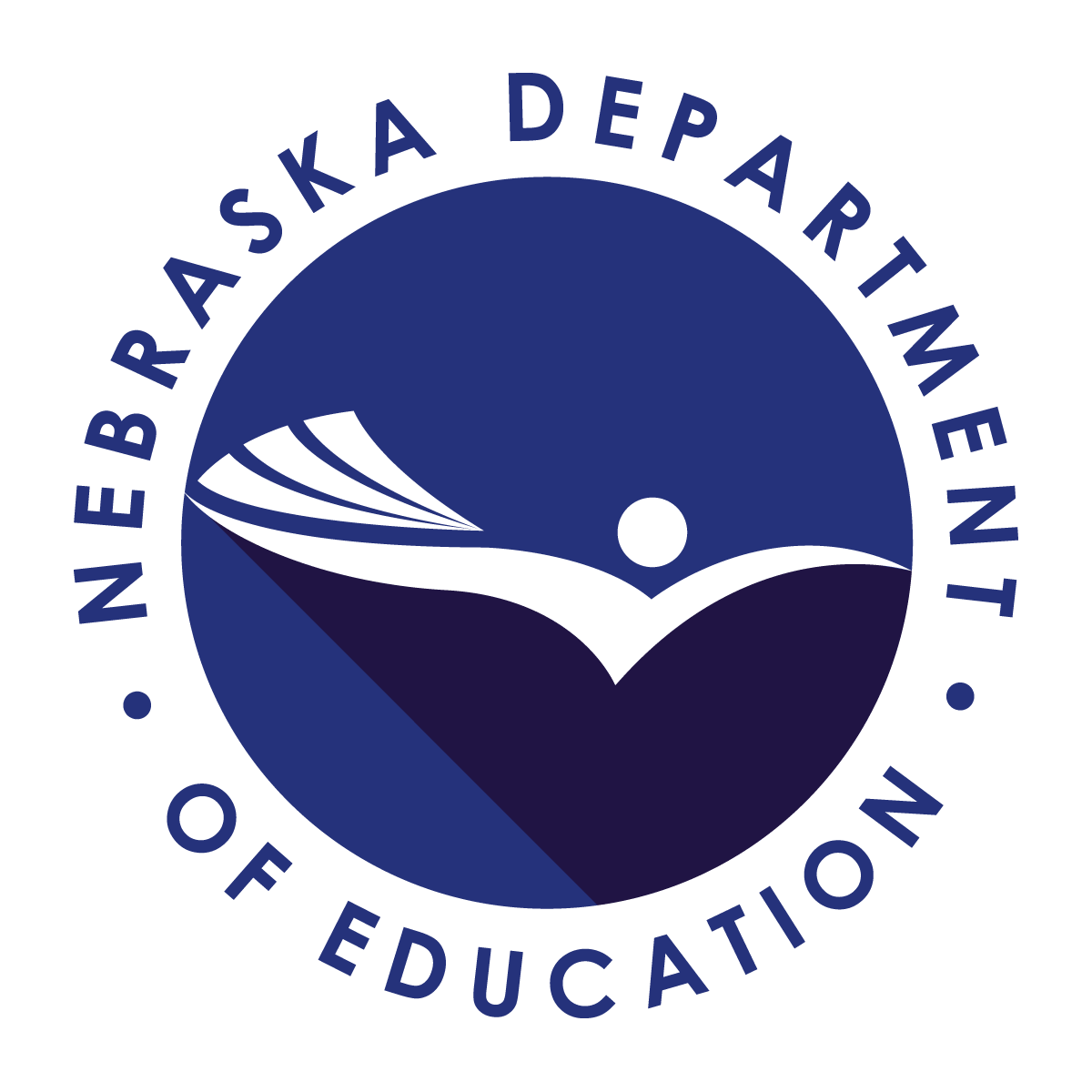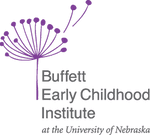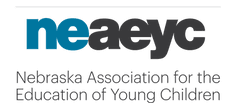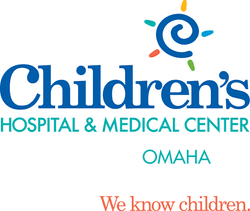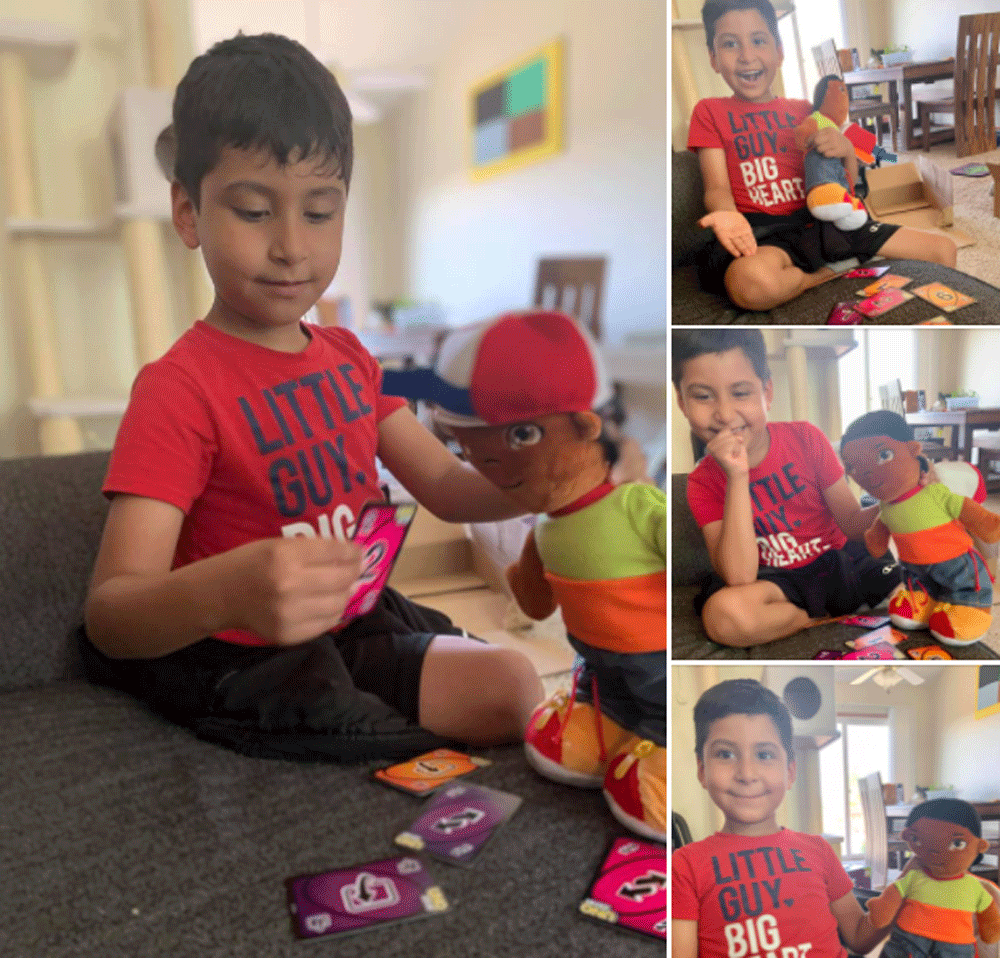
There are no easy answers to bridging the gap between the increasing number of bilingual families in Nebraska and a childcare system that can’t always provide the support they need. Some communities have no Spanish-speaking providers in areas with a growing need for service to Latinx families. Others have Spanish-speaking providers who struggle with navigating a system not designed for ESL speakers.
But thanks to some preschool development grant funding, some innovative community leaders and providers, and a doll named Cakey, things are starting to change.
What began as a smaller program of 21 attendees in a dual-county event offered in Madison and Dakota Counties has blossomed into a larger event to be offered in Douglas County. And you can blame, in part, the growth of the bilingual event on Cakey.
The original event, created by Abagail Gustad and conducted by Angelina Fregoso, presented two back-to-back sessions, one for English speakers and one for Spanish speakers, in which attending providers could hear the lived experiences of bilingual children and their families and could try new techniques to help Spanish-speaking students acclimate to and feel more comfortable in a new environment. Attendees received continuing education credit and a set of toys designed to speak to Latinx cultural experiences.
One attendee was different. Erika Felt, a Douglas County at-home provider, had asked for permission to attend the event. Even though she would not receive credit, she saw the potential the training had not only for Spanish-speaking students, but also to broaden the cultural awareness of her English speakers. After contacting Douglas County’s Early Childhood Community Coordinator Shelina Williams, Felt did receive the set of toys thanks to PDG funds.
Enter Cakey the Doll. Among the more culturally appropriate food sets and the Spanish-English books was a brown-skinned plush doll. Erika, who had been working with a bilingual child reluctant to embrace his Mexican heritage, immediately saw the potential of the doll. She offered it to the boy, who named it Cakey, and the two immediately became inseparable. The young boy found in the familiar facial features and the brown skin a reflection of his culture that made him feel at ease to express himself. As Erika said of the boy’s behavior once he found Cakey, “He has been showing pride in his heritage and culture that he has never shown outside of Mexican spaces before.”
Shelina was soon contacted by Erika with the story of how she had posted photos of Cakey, the five-year-old boy, and she playing UNO—the caption: “You haven’t played UNO Flip until you’ve played against a 5yr old and a doll named Cakey. Yes, all three of us played and Cakey won!” The photos and the story had drawn the attention of the boy’s father, who was delighted to see the boy engaged with learning. This gesture toward incorporating the boy’s culture into his learning atmosphere had made all the difference.
Shelina immediately knew that if the toys and training inspired one boy for one Douglas provider, it was likely to have a much bigger impact if offered to a larger group of providers. Because of budget, she started planning a modest 13-provider event, but thanks to a dual effort, she was able to procure enough funding for 50 providers—25 English-speaking and 25 Spanish-speaking.
To learn more, please contact Shelina Williams (SWilliams@nebraskaearly.org).



